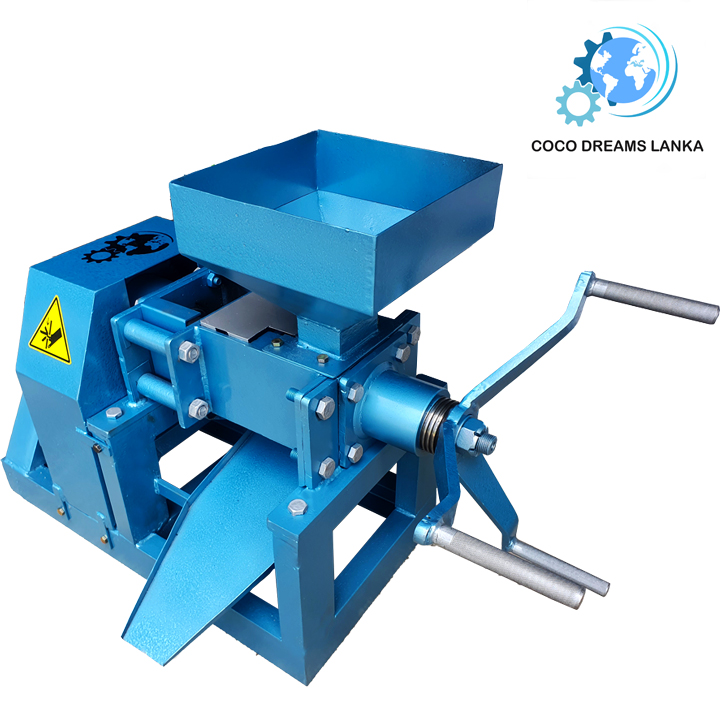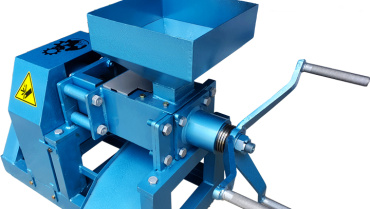History of Coconut Oil
Coconut oil has been used for thousands of years in tropical countries for cooking, hair and skin care, and medicinal purposes. It was first used by indigenous peoples in Southeast Asia, the Pacific Islands, and the coastal regions of Africa. The oil was highly valued for its versatility and became an important trade item in the early spice trade routes. In the 19th century, coconut oil was introduced to Europe and the United States and became a popular ingredient in soaps, candles, and lubricants. In the 20th century, coconut oil fell out of favor due to concerns about its high saturated fat content, but in recent years it has experienced a resurgence in popularity as a “superfood” and alternative to other cooking oils.
History of Coconut Oil Production?
The production of coconut oil has a long history, dating back to ancient civilizations in Southeast Asia, the Pacific Islands, and coastal Africa. Traditionally, the oil was extracted from fresh coconuts using manual methods such as grating and pressing. During the colonial era, the production of coconut oil increased as European powers established plantations in their colonies. In the 20th century, the development of new technologies such as hydraulic presses and centrifuges revolutionized the production of coconut oil, making it more efficient and cost-effective. Today, coconut oil is produced in many tropical countries, with the largest producers being the Philippines, Indonesia, and India. The growth in demand for coconut oil has led to the expansion of commercial production, with the use of modern processing methods and the implementation of sustainable farming practices.
what are the uses of coconut oil?
- Cooking: Coconut oil is widely used as a cooking oil due to its high smoke point and neutral flavor.
- Beauty and Personal Care: Coconut oil is a popular ingredient in skin and hair care products, as it is believed to have moisturizing and nourishing properties.
- Medicinal: Coconut oil has been used in traditional medicine for various purposes, such as to improve heart health and boost the immune system.
- Industrial: Coconut oil is used in the production of soaps, detergents, and other household products.
- Fuel: In some countries, coconut oil is used as a biofuel for cooking and lighting.
- Animal Feed: Coconut oil is used as a supplementary ingredient in animal feed.
- Massage Oil: Coconut oil is used as a natural massage oil due to its smooth texture and moisturizing properties.
Coconut oil vs palm oil
Coconut oil and palm oil are two of the most commonly used cooking oils in the world, but they have some distinct differences. Here are some key differences between the two:
- Saturated Fat Content: Coconut oil is high in saturated fat, while palm oil is a mixture of saturated and unsaturated fats.
- Flavor and Aroma: Coconut oil has a distinct, slightly sweet flavor and aroma, while palm oil is flavorless and odorless.
- Cooking Properties: Coconut oil has a high smoke point and is suitable for high-heat cooking, while palm oil has a lower smoke point and is better suited for medium-heat cooking.
- Environmental Impact: Palm oil production has been linked to deforestation, habitat destruction, and other environmental issues, while coconut oil production is generally considered to have a lower environmental impact.
- Health Benefits: Coconut oil has been associated with potential health benefits, such as improved heart health, while palm oil has been criticized for its high saturated fat content and potential health risks.
- Price: Coconut oil is generally more expensive than palm oil.
Ultimately, the choice between coconut oil and palm oil depends on personal preference, cooking needs, and health concerns.
How to make coconut oil at home by hand
Coconut oil production involves the extraction of oil from the meat of mature coconuts. The production process typically includes the following steps:
- Harvesting: Mature coconuts are harvested from the palm tree.
- Husking: The hard outer shell of the coconut is removed to reveal the inner meat.
- Grating: The inner meat is grated to produce a fleshy paste.
- Pressing: The grated coconut is then pressed to extract the oil. This can be done using manual methods, such as a hydraulic press, or using modern mechanical processes, such as centrifugation.
- Filtering: The extracted oil is filtered to remove impurities and improve its clarity.
- Refining: Depending on the intended use of the oil, it may undergo further refining processes, such as deodorization, to improve its quality and stability.
The production of coconut oil can take place on a small scale, using traditional methods, or on a large scale, using modern industrial processes. The largest producers of coconut oil are the Philippines, Indonesia, and India. The growth in demand for coconut oil has led to an increase in production and the implementation of sustainable farming practices.
What is the best machine to make coconut oil?
Coco Dreams Lanka is the best oil making machine in Sri Lanka. The “best” machine for making coconut oil depends on several factors, such as the scale of production, the type of oil being produced (virgin vs. refined), and the budget. Here are some popular options:
- Hydraulic Press: A hydraulic press is a manual device that uses pressure to extract oil from the grated coconut. This method is suitable for small-scale production and is relatively inexpensive.
- Expeller: An expeller is a mechanical device that uses friction and pressure to extract oil from the grated coconut. This method is suitable for small- to medium-scale production and is more efficient than a hydraulic press.
- Centrifuge: A centrifuge is an industrial machine that uses centrifugal force to extract oil from the grated coconut. This method is suitable for large-scale production and is highly efficient, but also more expensive than other methods.
Ultimately, the best machine for making coconut oil will depend on the specific needs and goals of the producer. It is important to consider factors such as cost, efficiency, and the intended use of the oil when selecting a machine.





Add Comment